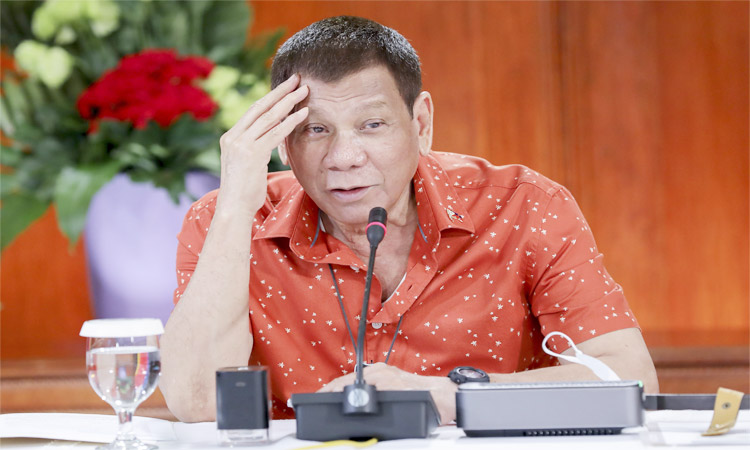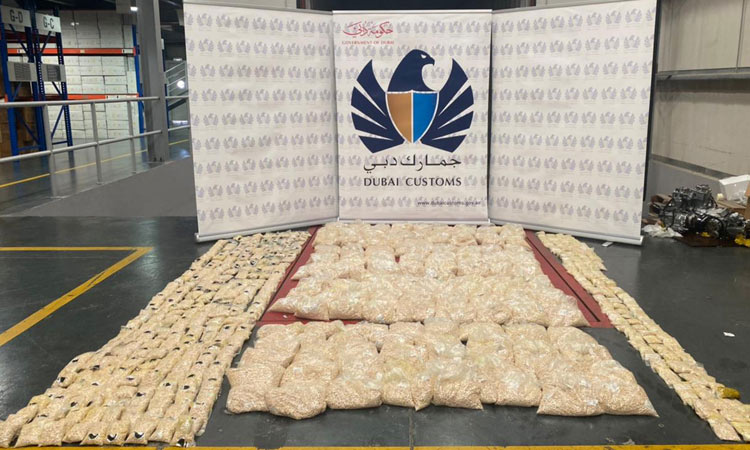Philippines warned over revival of death penalty in war on illegal drugs

The photo is for illustrative purposes.
A ranking Commission on Human Rights (CHR) official warned the Philippines could face sanctions from the international community if Congress would approve the call of President Rodrigo Duterte for the controversial return of the death penalty in the war on illegal drugs.
CHR Commissioner Karen Gomez-Dumpit said such sanctions could suffer consequences like the removal of the Philippines from the list of countries that benefit from lower tariffs in the European Union.
Besides, reinstating the death penalty by lethal injection would violate a UN-sponsored agreement known as the International Covenant on Civil and Political that commits to its abolition and which the Philippines is a signatory by ratifying it in 2007, Dumpit said.
There is no "opt-out provision" in the agreement as Dumpit explained in a TV interview: "It's all about commitment. It's all about confidence whether you as a state party will be able to comply and not renege on those commitments."
Dumpit insisted that reviving the death penalty would not be a deterrent, arguing that solid police work, intelligence work and proper implementation of the laws would help contain the commission of heinous crimes like illegal drugs.
Opposition Congressman Edcel Lagman of Albay province agreed with Dumpit but on another tack particularly on its repercussions to government appeals for the commutation of the death penalty on Filipinos convicted abroad.
Lagman warned the Philippines would lose its moral ascendancy in negotiating for the lifting of such death sentences already imposed on about 100 overseas Filipino workers (OFWs) mainly due to illegal drugs.
Besides, only 37 countries are implementing the death penalty "both in law and in practice" with China, Iran, Pakistan, Indonesia and South Africa accounting for 90 per cent of executions, according to Lagman.
"President Duterte's recommendation to the Congress to reimpose the death penalty aggravates his failure to disclose and discuss his administration's response to the COVID-19 pandemic which is a death sentence to countless Filipinos," he lamented.
But world boxing idol and Senator Manny Pacquiao, a staunch Duterte ally, ignored the arguments of Dumpit and Lagman in advocating the revival of the death penalty, which the country abolished during the time of then president Gloria Macapagal-Arroyo and replaced it with life imprisonment.
Pacquiao cited the urgent need for its revival, pointing out that drug lords, both foreign and local, have taken advantage of the COVID-19 pandemic to flood the country especially shabu (crystal meth), also known as the "poor man's cocaine."
Pacquiao noted that foreign drug lords in particular have capitalised on the absence of capital punishment to operate with impunity in the Philippines while it is busy containing the rapid spread of the virus.
The House has already approved the return of the death penalty but several bills are pending before the Senate, including those filed by Pacquiao and another Duterte supporter freshman Senator Ronald dela Rosa, the former chief of the Philippine National Police (PNP).







